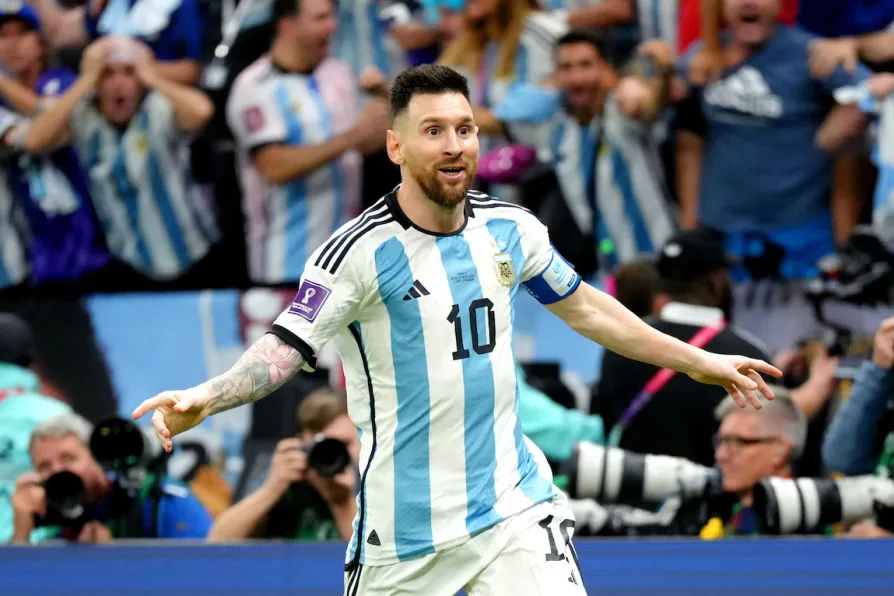

LIONEL MESSI’S arrival in the United States edges closer.
A Copa America, South America’s top international tournament, likely featuring Messi, will be played in the country in 2024.
The first edition of the new, expanded Club World Cup will be held there in 2025, in anticipation of the United States co-hosting the World Cup in 2026.
And it’s likely the final of that tournament will be played in the US and not one of the other host countries, Canada or Mexico.
There is also the possibility of the next Women’s World Cup being co-hosted by the US and Mexico and the 2028 Olympics will be held in Los Angeles.
There has never been a better time to be a fan of the game they call soccer (or a game the English first called soccer, but that’s another story).
Internationally, however, amid all this focus on one country, there needs to be a big-picture view of the wider region.
Of how this attention on the higher-profile national teams and domestic leagues could trickle down to the local and also spread to other parts of the Americas, or at least not ignore them.
The United States men’s soccer team is on the up. This week it rose to 11th in the Fifa rankings on the back of a Concacaf Nations League victory.
Interim manager BJ Callaghan sent out a team that looked free from some of the shackles and pressure of last year’s World Cup when the US were knocked out in the last 16 by the Netherlands, with their only win coming in the group stage against Iran.
On top of this, currently underway in the United States is the 2023 Gold Cup — Concacaf’s equivalent of the Euros.
The squad the US have sent to this tournament has more of a B-team feel to it. This won’t make a difference to Callaghan and the players selected, though, who will be doing all they can to win the tournament.
It has already been announced that Callaghan will give way to returning manager Gregg Berhalter after the Gold Cup, so he would like to go out on a high, while many of these players will be looking to prove they are good enough for the main squad and not merely B-team players.
Despite it being taken seriously within the camp, there is an idea floating around that this is not a serious tournament because the United States has not sent its strongest team.
It is similar to an attitude in the domestic game when MLS sides often field weakened teams in the US Open Cup, a tournament which is a more than century-old American version of the FA Cup.
There is an idea that teams from the “top division” fielding reserve sides devalue the tournament but, as with the FA Cup, the value is in the tournaments themselves for the entire field, rather than the perception of them or attitudes towards them from a minority of teams involved.
As there is no promotion and relegation in the American leagues, to be crowned national champions in the United States it could be said you need to win the Open Cup.

Joao Pedro’s emotional goals against Fluminense captured the magic of an international club competition. But even as fans bring colour and passion, the Club World Cup’s deeper issues loom large, writes JAMES NALTON

JAMES NALTON writes how at the heart of the big apple, the beautiful game exists as something more community-oriented, which could benefit hugely under mayoral candidate Zohran Mamdani












